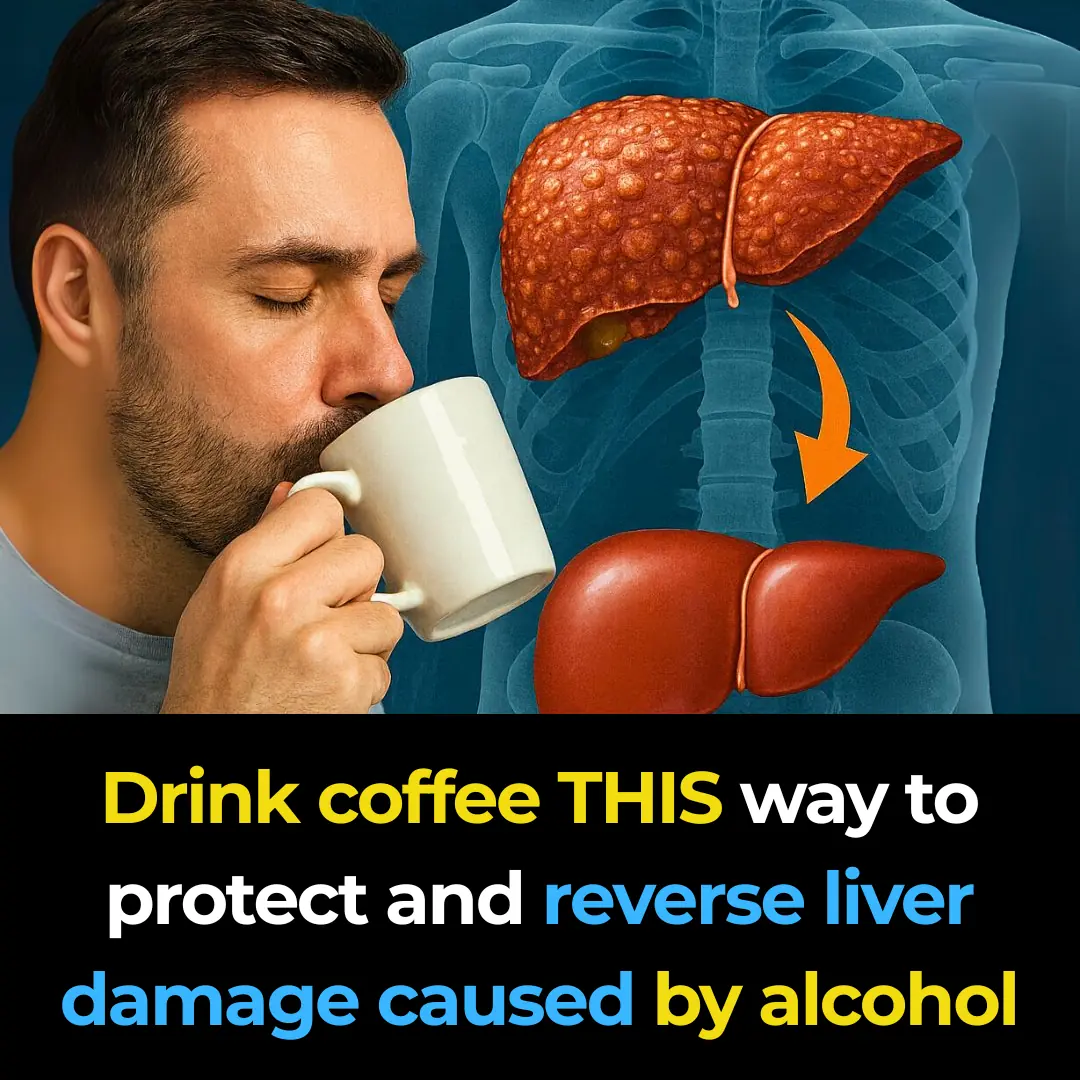
Doctors warn: this 1 cancer sign may show up in your sheets

Early detection of serious illnesses often comes down to noticing the things we tend to overlook. One lesser-known sign that could show up in your bed is night sweats, which may hint at something bigger happening inside your body. Here’s what you need to know.
Key Takeaways:
-
Waking up to soaked sheets could be more than just a warm night; it might signal a health issue.
-
Night sweats have many causes, some harmless, but others can be serious, including certain cancers.
-
Knowing when to see a doctor can make a significant difference in catching problems early.
What Is This Clue Hiding in Your Sheets?
It might sound odd, but check your sheets in the morning. Are they damp, maybe even soaked with sweat, without a good reason? We're talking about bedsheets or pillows that are wet with sweat, even though your bedroom isn’t unusually warm, and you haven’t been wrapped in blankets. That’s called night sweats. Most people dismiss it as a bad dream, a change in weather, or maybe an extra layer of bedding. But sometimes, it can be a sign of something more serious.
What Can Cause Night Sweats?
There’s no single answer, as many factors contribute to night sweats. It could be as simple as a hot room or too many covers. But if the temperature is normal and you're not overdressed, and you still wake up soaked, it's time to investigate further.
Common Causes of Night Sweats:
-
Hormonal Changes: Menopause is the most well-known cause, but puberty and pregnancy can also trigger night sweats.
-
Infections: Conditions like pneumonia, tuberculosis, HIV, or malaria can cause night sweats, often accompanied by fever or other symptoms.
-
Medications: Some antidepressants and painkillers can cause sweating at night.
-
Blood Sugar Drops (Hypoglycemia): People taking insulin or certain diabetes medications may experience night sweats if their blood sugar drops too low.
-
Other Health Problems: Anxiety, sleep disorders, digestive issues (like acid reflux), or even lifestyle factors like alcohol or spicy foods can contribute to night sweats.
However, here’s the surprising part: night sweats can sometimes be one of the earliest signs of certain cancers.
Cancers Most Linked to Night Sweats
-
Lymphoma (especially Hodgkin's lymphoma): Drenching night sweats are a key warning sign, especially if they’re paired with unexplained weight loss or fever.
-
Leukemia: Increased sweating may occur due to infections or changes caused by the disease itself.
-
Breast or Prostate Cancer: Less common but still possible.
-
Other Rare Tumors: Tumors such as pheochromocytoma (an adrenal gland tumor), certain thyroid cancers, and neuroendocrine tumors that affect temperature regulation can also trigger night sweats.
Sometimes, it’s not even the cancer itself but the treatments (such as chemotherapy or hormone therapy) that cause night sweats. Also, if symptoms that were once managed by treatment return, that's a red flag to mention to your doctor.
Common Causes of Night Sweats:
| Cause | Likely Additional Symptoms |
|---|---|
| Menopause | Hot flashes, irregular periods |
| Infections | Fever, chills, cough |
| Cancer | Weight loss, fatigue, sometimes fever |
| Medications | Depends on the drug |
| Anxiety/Stress | Waking up worried, racing heart |
| Low Blood Sugar | Shaking, confusion, sweating |
How to Handle Night Sweats
If you wake up sweaty, stay calm—most of the time, it’s not a sign of something serious. Before panicking, check your environment. Are you comfortable but still soaked? Did you change laundry detergent or add an extra blanket?
Here are a few things you can try:
-
Adjust your bedroom temperature: Try using a fan, lighter pajamas, or fewer blankets.
-
Avoid spicy food, alcohol, or caffeine close to bedtime.
-
Keep a diary: Track how often night sweats occur, what you ate, and if you notice any other symptoms.
If night sweats happen occasionally and you can pinpoint a reason (like a particularly hot summer night), there’s likely no cause for concern. However, if they occur repeatedly or if you notice other changes in your health, that could be a sign of something more serious.
When to See a Doctor
Most people don’t need a full check-up for night sweats alone, but it’s wise to see a doctor if you notice any of these:
-
Regular, unexplained night sweats that wake you up drenched, week after week.
-
Other symptoms such as:
-
Unexplained weight loss
-
Persistent fever
-
Ongoing cough, diarrhea, or pain
-
-
A history of cancer or recent treatment, especially if night sweats are a new symptom.
-
Women post-menopause who suddenly start experiencing night sweats after years without them.
-
Known chronic illnesses (like lymphoma, HIV, diabetes) with new or worsening sweats.
Remember, it’s not about being scared—it’s about being aware. In most cases, a simple explanation will surface. But if something feels off or if you notice warning signs, don’t hesitate—book an appointment with your doctor just to be safe.
Wrapping Up
In conclusion, waking up with wet sheets once isn’t a reason to panic, but if it keeps happening and you can’t figure out why, it might be your body’s way of signaling a problem. Pay attention to your symptoms and talk to your doctor if you're concerned, especially if you spot other warning signs. While it could be nothing, in rare cases, it could be something worth catching early. Sleep well, but keep an eye on your sheets!
News in the same category


Seniors: the 1 simple ingredient that quickly rebuilds muscle

How Water Fasting Can Regenerate the Immune System, Slow Aging, Reduce Heart Attack Risk and More

4 Reasons Why Cardiac Arrests Happen in The Bathroom

Shoulder Pain from Sleeping: Causes, Solutions and More

Cancer hates these 6 fruits—eat them to fight back!

Canadian Researchers Discover New Evidence That Vitamin D Shuts Down Cancer Cells
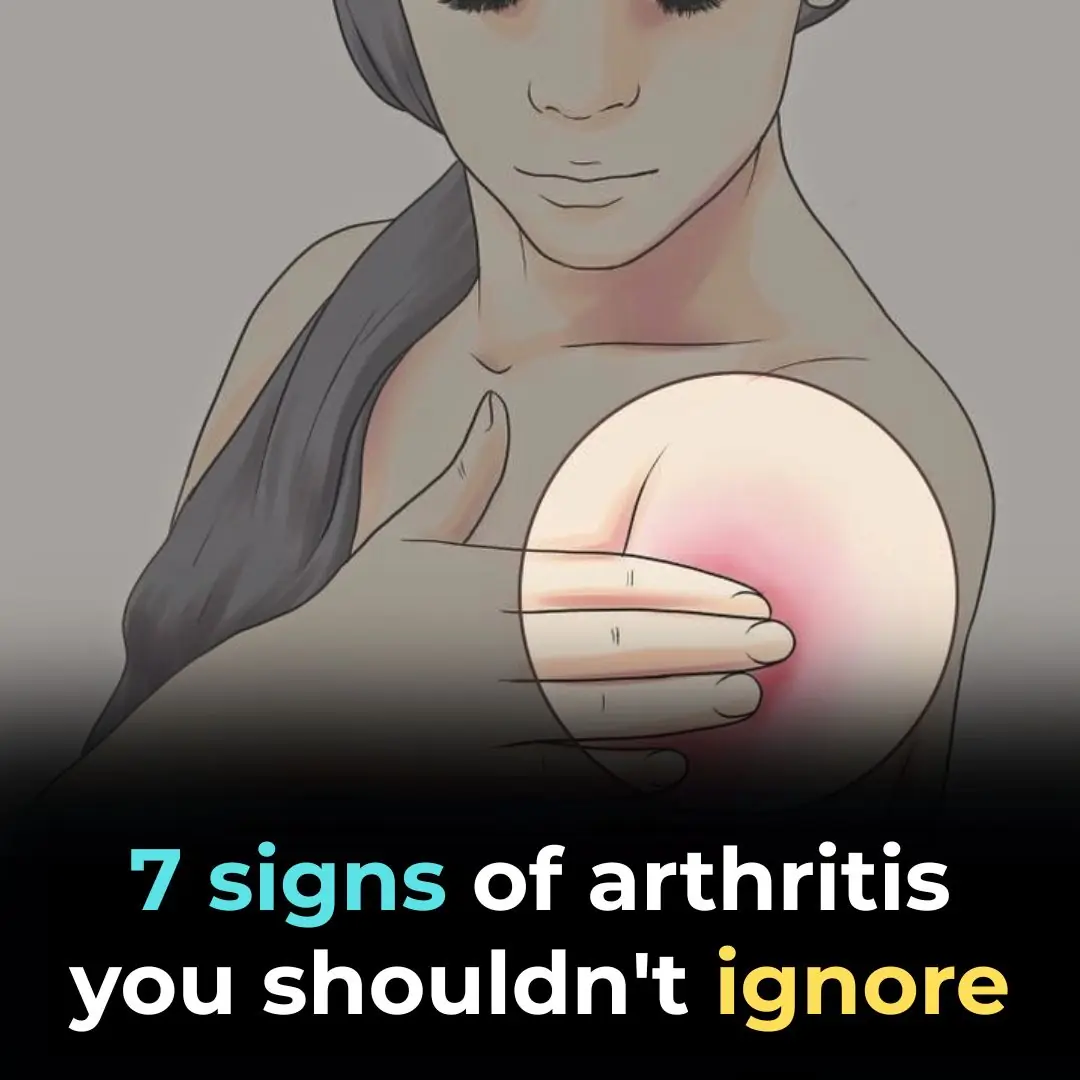
Signs of Arthritis You Shouldn’t Ignore

Research Reveals Two Life Stages of Accelerated Aging

9 Convincing Reasons to Consume More Dates

Unlocking the Hidden Potential of Papaya Seeds: A Nutritional Treasure

Garlic & Black Pepper: The Kitchen Cure for Leg Pain and More

Castor oil for older adults: key benefits and safety tips you shouldn’t miss

Top 10 signs of a gallbladder attack
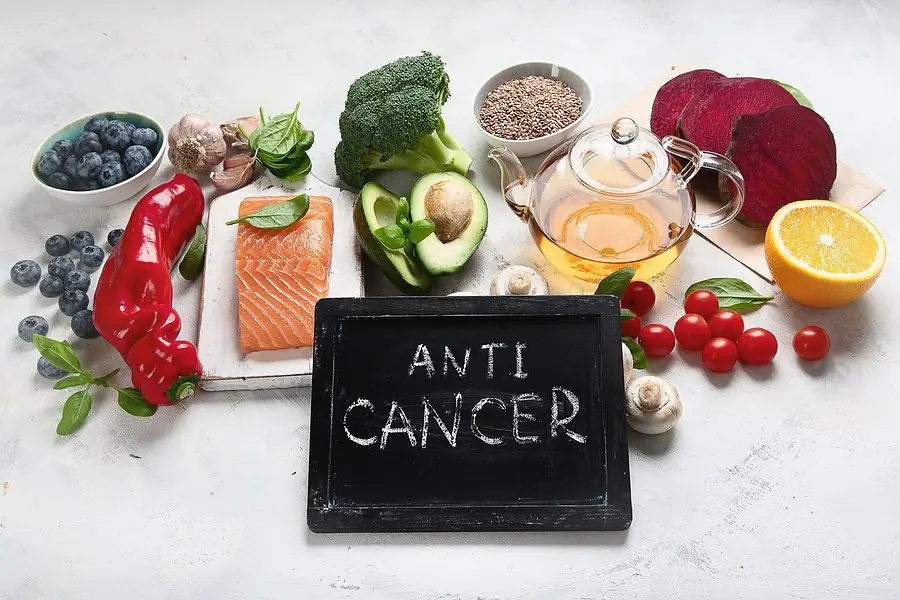
Which fruit prevents cancer cells from growing rapidly?
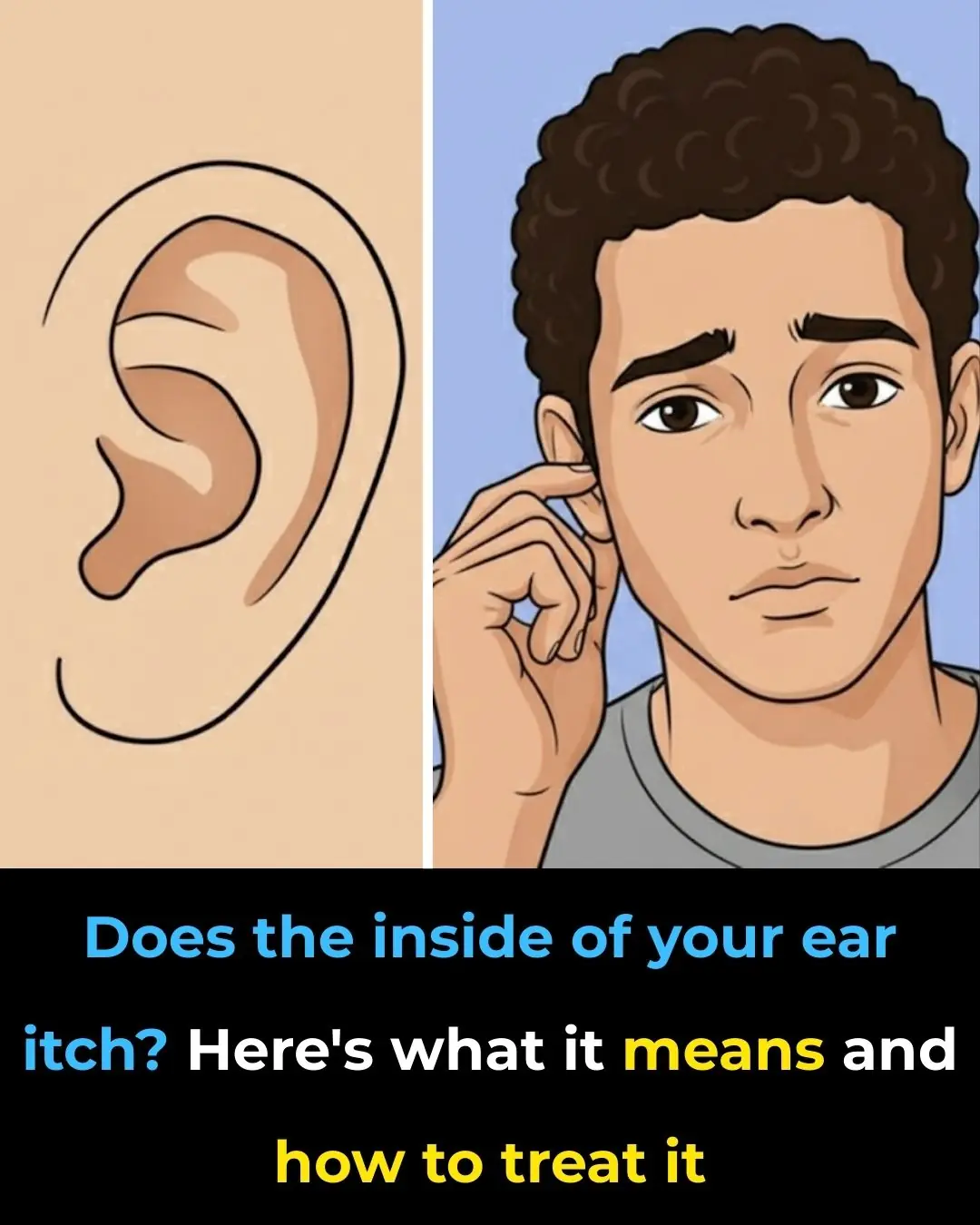
Does The Inside Of Your Ear Itch
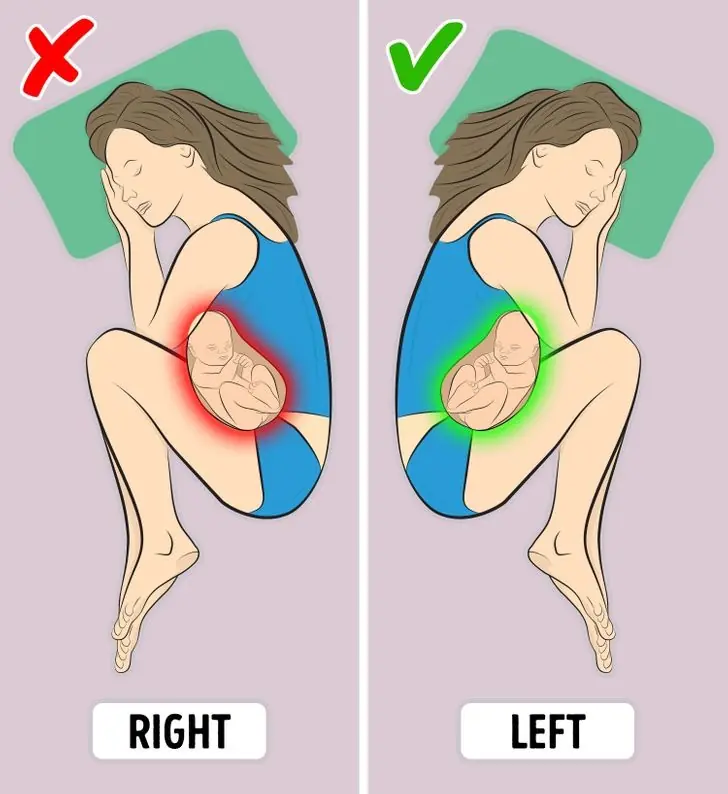
Disadvantages of Sleeping on Your Right Side: What Your Body Isn’t Telling You

A Natural Remedy for Thinning Hair

Simple Aloe Vera Trick Will Leave Your Skin Glowing
News Post

The fish that is the "king of omega-3," with salmon only ranking second: Sold everywhere in Vietnamese markets at incredibly low prices.

Tips for using rice water and ginger to nourish your hair, promoting faster growth and making it thicker, darker, and shinier.

Treat premature gray hair with a black dye formula made from sour starfruit and potatoes, as cheap as can be!

How to store chili peppers for months while keeping them as fresh as the day they were picked, with firm, plump flesh that doesn’t dry out or lose flavor.

10 people eat avocado, but 9 of them discard this part without realizing it's a "treasure."

How to help you travel thousands of miles without getting motion sickness.

Stick an Urgo Patch on Your Fan: A Clever Trick That Brings Amazing Benefits—Don’t Miss Out if You Haven’t Tried It
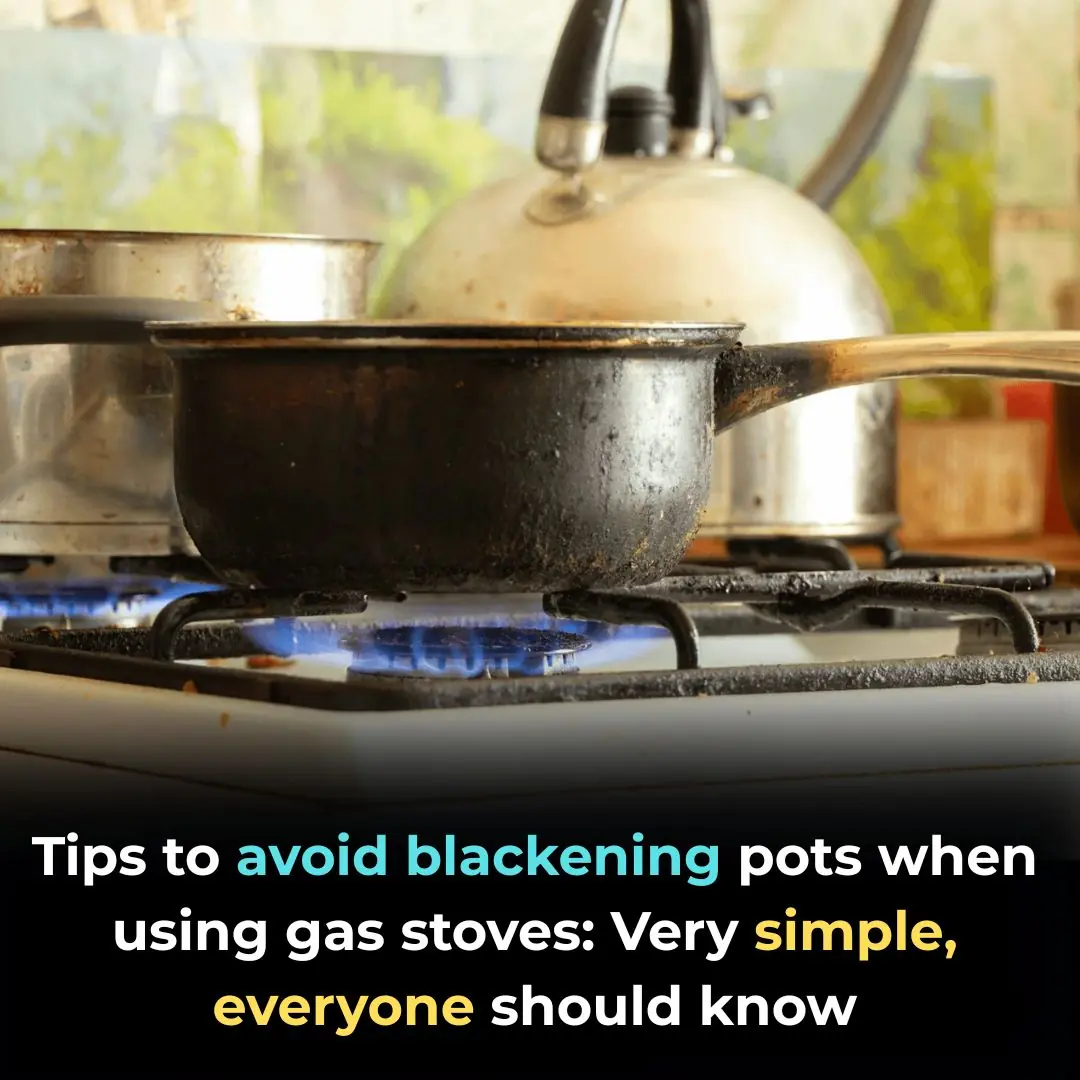
Tips to Prevent Blackening of Pots When Using a Gas Stove: Very Simple, Everyone Should Know

Drink coffee THIS way to protect and reverse liver damage caused by alcohol

Seniors: the 1 simple ingredient that quickly rebuilds muscle

Don’t Throw Away Bubble Wrap — Keep It in Your Kitchen to Discover These Amazing Benefits

Revive Your Nails with This Garlic Secret

17 Natural Habits to Keep Your Colon Healthy

7 Nettle benefits and uses

7 Benefits Of Papaya Seeds & How To Consume Them Correctly

How Water Fasting Can Regenerate the Immune System, Slow Aging, Reduce Heart Attack Risk and More

4 Reasons Why Cardiac Arrests Happen in The Bathroom

Shoulder Pain from Sleeping: Causes, Solutions and More
